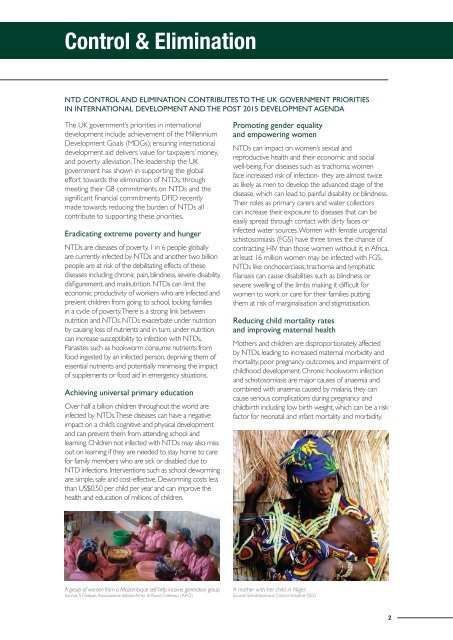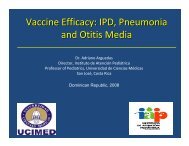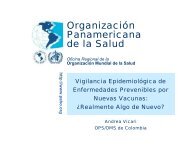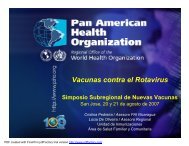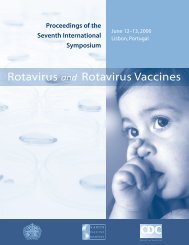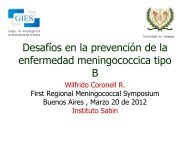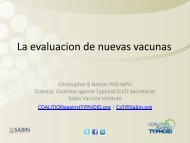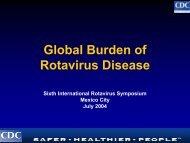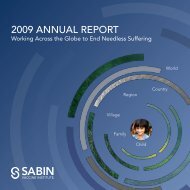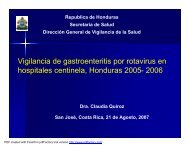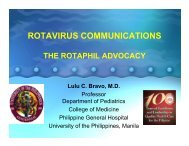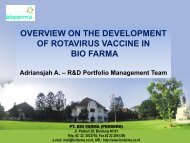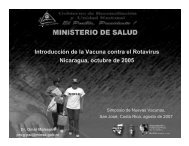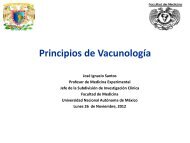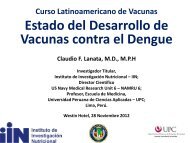APPMG Annual NTD Report 2012 - Schools and Health
APPMG Annual NTD Report 2012 - Schools and Health
APPMG Annual NTD Report 2012 - Schools and Health
You also want an ePaper? Increase the reach of your titles
YUMPU automatically turns print PDFs into web optimized ePapers that Google loves.
Control & Elimination<br />
<strong>NTD</strong> CONTROL AND ELIMINATION CONTRIBUTES TO THE UK GOVERNMENT PRIORITIES<br />
IN INTERNATIONAL DEVELOPMENT AND THE POST 2015 DEVELOPMENT AGENDA<br />
The UK government’s priorities in international<br />
development include achievement of the Millennium<br />
Development Goals (MDGs); ensuring international<br />
development aid delivers value for taxpayers’ money,<br />
<strong>and</strong> poverty alleviation. The leadership the UK<br />
government has shown in supporting the global<br />
effort towards the elimination of <strong>NTD</strong>s, through<br />
meeting their G8 commitments on <strong>NTD</strong>s <strong>and</strong> the<br />
significant financial commitments DFID recently<br />
made towards reducing the burden of <strong>NTD</strong>s all<br />
contribute to supporting these priorities.<br />
Eradicating extreme poverty <strong>and</strong> hunger<br />
<strong>NTD</strong>s are diseases of poverty. 1 in 6 people globally<br />
are currently infected by <strong>NTD</strong>s <strong>and</strong> another two billion<br />
people are at risk of the debilitating effects of these<br />
diseases including chronic pain, blindness, severe disability,<br />
disfigurement, <strong>and</strong> malnutrition. <strong>NTD</strong>s can limit the<br />
economic productivity of workers who are infected <strong>and</strong><br />
prevent children from going to school, locking families<br />
in a cycle of poverty. There is a strong link between<br />
nutrition <strong>and</strong> <strong>NTD</strong>s. <strong>NTD</strong>s exacerbate under nutrition<br />
by causing loss of nutrients <strong>and</strong> in turn, under nutrition<br />
can increase susceptibility to infection with <strong>NTD</strong>s.<br />
Parasites such as hookworm consume nutrients from<br />
food ingested by an infected person, depriving them of<br />
essential nutrients <strong>and</strong> potentially minimising the impact<br />
of supplements or food aid in emergency situations.<br />
Achieving universal primary education<br />
Over half a billion children throughout the world are<br />
infected by <strong>NTD</strong>s. These diseases can have a negative<br />
impact on a child’s cognitive <strong>and</strong> physical development<br />
<strong>and</strong> can prevent them from attending school <strong>and</strong><br />
learning. Children not infected with <strong>NTD</strong>s may also miss<br />
out on learning if they are needed to stay home to care<br />
for family members who are sick or disabled due to<br />
<strong>NTD</strong> infections. Interventions such as school deworming<br />
are simple, safe <strong>and</strong> cost-effective. Deworming costs less<br />
than US$0.50 per child per year <strong>and</strong> can improve the<br />
health <strong>and</strong> education of millions of children.<br />
Promoting gender equality<br />
<strong>and</strong> empowering women<br />
<strong>NTD</strong>s can impact on women’s sexual <strong>and</strong><br />
reproductive health <strong>and</strong> their economic <strong>and</strong> social<br />
well-being. For diseases such as trachoma; women<br />
face increased risk of infection- they are almost twice<br />
as likely as men to develop the advanced stage of the<br />
disease, which can lead to painful disability or blindness.<br />
Their roles as primary carers <strong>and</strong> water collectors<br />
can increase their exposure to diseases that can be<br />
easily spread through contact with dirty faces or<br />
infected water sources. Women with female urogenital<br />
schistosomiasis (FGS) have three times the chance of<br />
contracting HIV than those women without it; in Africa,<br />
at least 16 million women may be infected with FGS.<br />
<strong>NTD</strong>s like onchocerciasis, trachoma <strong>and</strong> lymphatic<br />
filariasis can cause disabilities such as blindness or<br />
severe swelling of the limbs making it difficult for<br />
women to work or care for their families putting<br />
them at risk of marginalisation <strong>and</strong> stigmatisation.<br />
Reducing child mortality rates<br />
<strong>and</strong> improving maternal health<br />
Mothers <strong>and</strong> children are disproportionately affected<br />
by <strong>NTD</strong>s, leading to increased maternal morbidity <strong>and</strong><br />
mortality, poor pregnancy outcomes, <strong>and</strong> impairment of<br />
childhood development. Chronic hookworm infection<br />
<strong>and</strong> schistosomiasis are major causes of anaemia <strong>and</strong><br />
combined with anaemia caused by malaria, they can<br />
cause serious complications during pregnancy <strong>and</strong><br />
childbirth including low birth weight, which can be a risk<br />
factor for neonatal <strong>and</strong> infant mortality <strong>and</strong> morbidity.<br />
A group of women from a Mozambique self-help income generation group.<br />
Source: S Deepak, Associazione Italiana Amici di Raoul Follereau (AIFO)<br />
A mother with her child in Niger.<br />
Source: Schistosomiasis Control Initiative (SCI)<br />
2


